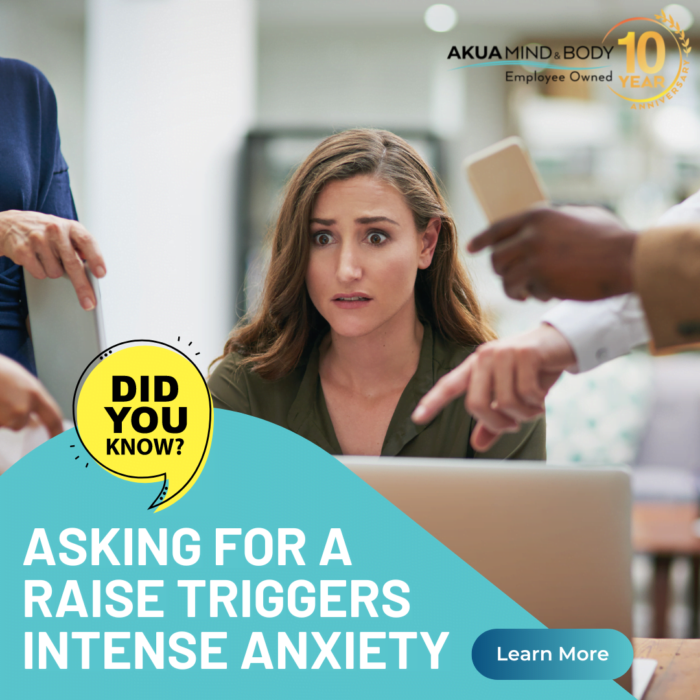We must always be there for each other and take steps to prevent suicide. You don’t have to be a mental health professional to make a difference. We can all do simple things to safeguard our mental health; you don’t have to do it alone. From learning the warning signs associated with suicide and actions to take if you are worried someone is struggling to advocate for suicide prevention legislation, having a real conversation about your own or others’ mental health, and bringing education programs to your community, we can all learn new ways to help each other save lives”.
September is National Suicide Prevention Awareness Month, a month dedicated to educating the public about suicide and helping each other save lives,, hoping that we can keep going together. When we think of suicide, we often associate it with underlying mental health disorders, trauma, addiction, and low-self esteem; however, head injuries such as concussions are also linked to suicidal behaviors.
It has been well established that individuals with concussions are at a higher risk for depression, anxiety, personality changes, and schizophrenia, but the link between suicide and concussions is just beginning to surface among the general population.
However, the relationship between suicide and concussions has been researched for years. According to research, the long-term risk of suicide increases three-fold among adults with concussions. Society usually associates concussions with traumatic head injuries among football players or extreme sports athletes. However, concussions commonly occur among the general population while doing mundane things such as riding a bike, driving a car, or horsing on a playground. Falls, motor vehicle accidents, being struck on the head by an object or running into an object, and assault or abuse are the four most common causes of concussion among the pediatric and adolescent population.
The Netflix documentary “Killer Inside: The Mind of Aaron Hernandez” tells the story of a famous NFL player who committed suicide while serving a life sentence for murder. After his death, his family donated his brain to science, and researchers confirmed that he had severe chronic traumatic encephalopathy (CTE), a disorder caused by repetitive brain trauma. Sadly, this is not the first NFL player who committed suicide with links to a brain injury on autopsy.
Defining a concussion
A concussion is a type of traumatic brain injury (TBI) caused by a blow to the head or the body that results in the brain moving back and forth in a rapid motion within the skull. This brain movement results in chemical and physical changes to the brain that can stretch or damage brain cells. Although most concussions are not life-threatening, they can be dangerous, especially when ignored. Some individuals may lose consciousness for a short period; however, this is not as common as many assume. Signs and symptoms of a concussion can be subtle and may not be present immediately after the impact. As a result, it is common for individuals who have a concussion and do not realize it. Common signs of a concussion include headaches, memory loss, confusion, dizziness, ringing in the ears, nausea, fatigue, and sensitivity to light. A brain-imaging scan is usually performed to rule out structural damage or bleeding, but a scan is not used to diagnose a concussion. Instead, a concussion is diagnosed strictly on history and physical examination by a healthcare professional. Signs and symptoms are usually reversible but can last up to several weeks.
An invisible mental illness
The American Journal of Psychiatry released a study showing that individuals with traumatic brain injuries such as concussions were four times more likely to develop a mental health disorder than the general population. Individuals who experienced a TBI were 65 percent more likely to develop schizophrenia, 59 percent more likely to develop depression, and 28 percent more likely to develop bipolar disorder. Repetitive concussions worsen this risk. New onset of depression, a new personality change, a recent increase in aggression, or an increase in anxiousness may stem from an old head injury that many people may not be aware of the connection.
A hidden risk factor
An individual with a family history of mental illness has a higher risk of developing depression or anxiety, as mental illness is genetic. A concussion can heighten this risk even more if an individual is already susceptible to mental illness. Mental health experts often associate mental illness with popular triggers such as emotional trauma and abuse, genetics, extreme life stressors, substance use disorders, and loneliness. Still, we often forget about brain injuries and how even the slightest head trauma can trigger a mental health disorder many years down the road.
Suppose you have experienced a head injury, whether in the recent or distant past; you should not ignore it. If you feel anxious or depressed after a concussion, it is essential to vocalize these feelings. Speak to your doctor or a mental health professional and get help. Traumatic brain injury doesn’t need to be an invisible illness. Seeking help could save your life, especially when a head injury can potentially result in suicide.
AKUA Mind and Body treatment
AKUA Mind and Body is a full-service treatment program that offers a wide range of “east meets west” treatment modalities for many different populations struggling with mental health and substance use disorders. AKUA makes your recovery a priority. AKUA Mind and Body treats co-occurring disorders and works diligently with each client and their family to ensure that treatment is specifically tailored to their needs and not just their disorder.
AKUA Mind and Body offers detoxification, intensive treatment programs, and outpatient treatment programs. AKUA Mind and Body uses a blend of holistic approaches combined with evidence-based treatment to help individuals who have been affected by substance use and mental health disorders recognize their underlying triggers and develop healthy coping skills. Regardless of where you are in your recovery process, AKUA Mind and Body can help.




